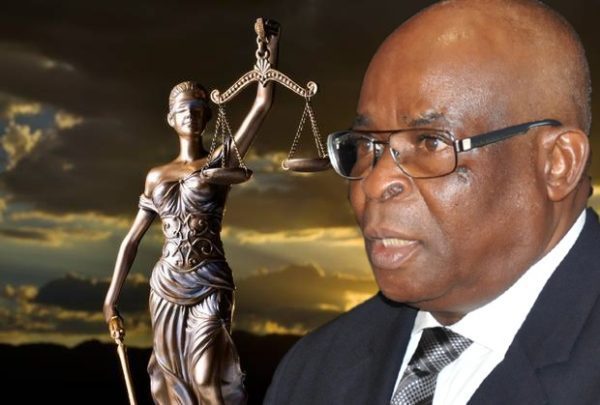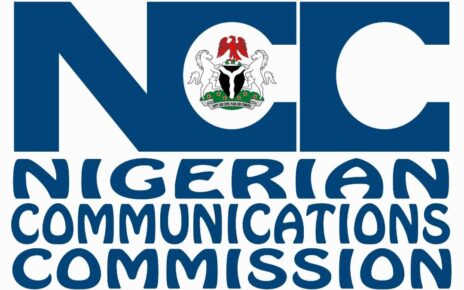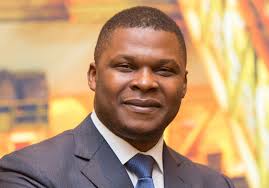The embattled Chief Justice of Nigeria (CJN) Justice Walter Onnoghen, who over the past three months had been facing corruption charges, resigned his appointment with immediate effect on Friday.
Onnoghen, who has been in the ‘eyes of the anti-corruption storm’ over the past months reportedly turned in his resignation letter to President Muhammadu Buhari late Thursday.
The resignation came barely 24 hours after the National Judicial Council (NJC) forwarded its findings on the investigations conducted on allegations levelled against the CJN, recommending that Onnoghen be compulsorily retired for misconduct.
The NJC disclosed on Wednesday that it had forwarded the outcome of its investigations into corruption allegations against the CJN to the President for action.
Confirming the submission of its findings through a statement signed by its Director of Information, Mr. Soji Oye, s the council said that it convened an emergency meeting to consider the report of the five-man committee it constituted to investigate allegations of misconduct that were levelled against Justice Onnoghen and the Acting CJN, Justice Tanko Muhammad.
It stated further that it refrained from considering the allegation that Justice Onnoghen failed to declare his assets as doing so would be subjudice since the matter is in court.
It stated: “The National Judicial Council reconvened today in an Emergency Meeting to consider the Report of the Five-Man Committee constituted to investigate the allegations of misconduct made against Hon. Mr. Justice W. S. N. Onnoghen, GCON and Hon. Mr. Justice I. T. Muhammad, CFR.
“Council decided that the allegations relating to assets declaration that were levelled against Hon. Mr. Justice W. S. N.Onnoghen, GCON were subjudice and therefore abstained from considering them.
“Council reached a decision on the petitions written by Economic and Financial Crimes Commission (EFCC) and others and conveyed its decision to President Muhammadu Buhari, GCFR.
“Council also resolved that, by the nature of the decision reached, it would be inappropriate to publicise it before conveying it to Mr. President”, it added.
It would be recalled that the NJC had on February 13, said it was satisfied that corruption allegations against the suspended CJN deserved to be investigated.
In addition, it also approved the probing of the Acting CJN, Justice Muhammad, on the allegation that he engaged in misconduct by making himself available to be sworn by President Buhari as Onnoghen’s replacement.
Pursuant to Rule 20 (1) of the Judicial Discipline Regulations, the NJC, constituted a five-man investigation panel headed by a retired Justice of the Supreme Court, Justice S. A. Akintan, to look into various petitions that were lodged both against Onnoghen and Muhammad.
The Council directed the Investigation Committee “to work expeditiously, determine all the petitions and responses and report to Council for a final decision”.
In his response to the NJC submission, Onnoghen, queried the competence of two petitions the EFCC lodged against him, accusing the EFCC of raising “malicious and speculative” allegations against him.
The investigative panel had directed the embattled CJN to respond to corruption allegations the anti-graft agency raised against him.
Specifically, EFCC had in its petitions, accused Onnoghen of receiving a car and monetary gifts from lawyers, some of whom it said had pending cases in court.
The embattled CJN denied the allegations.




